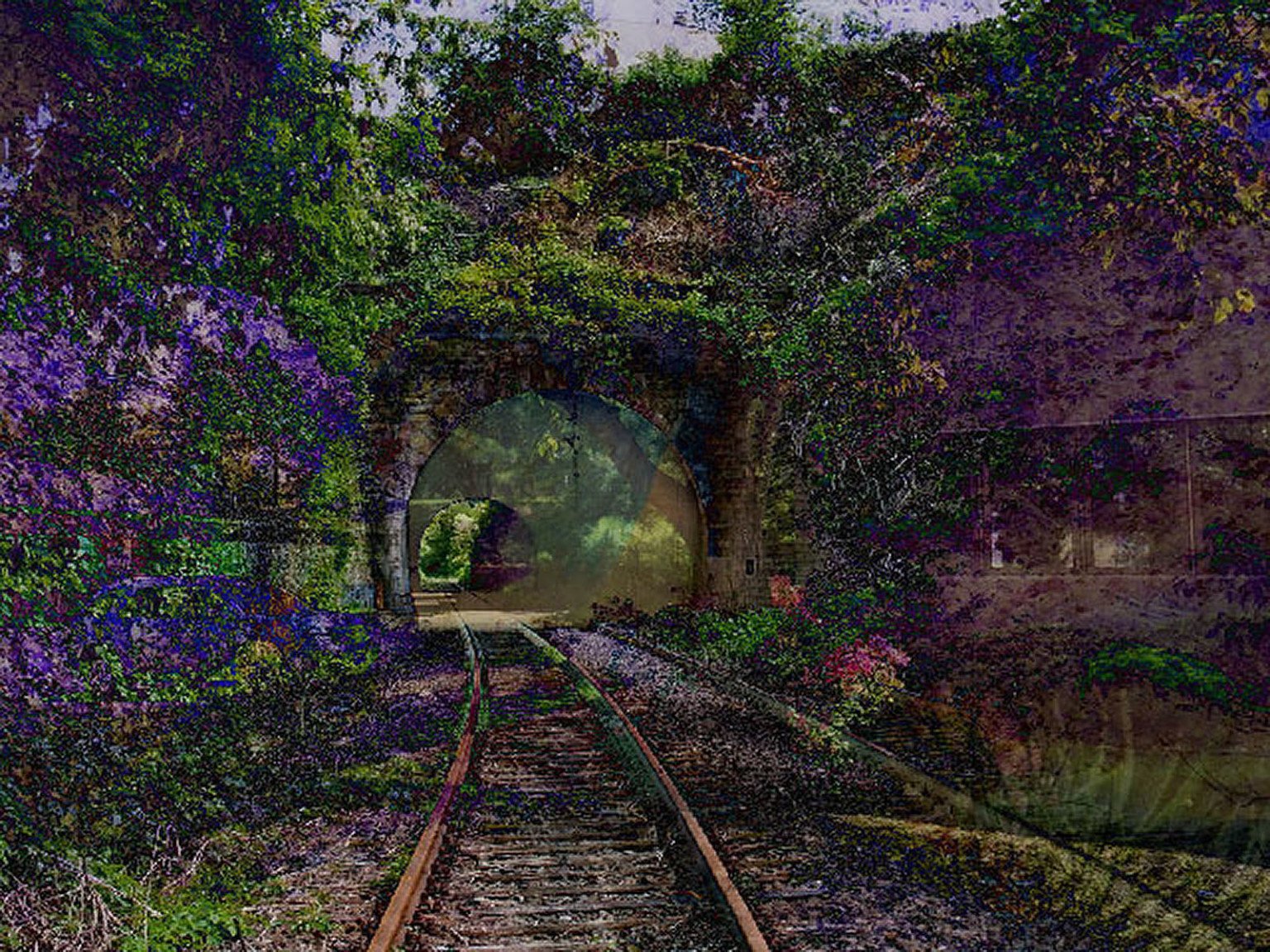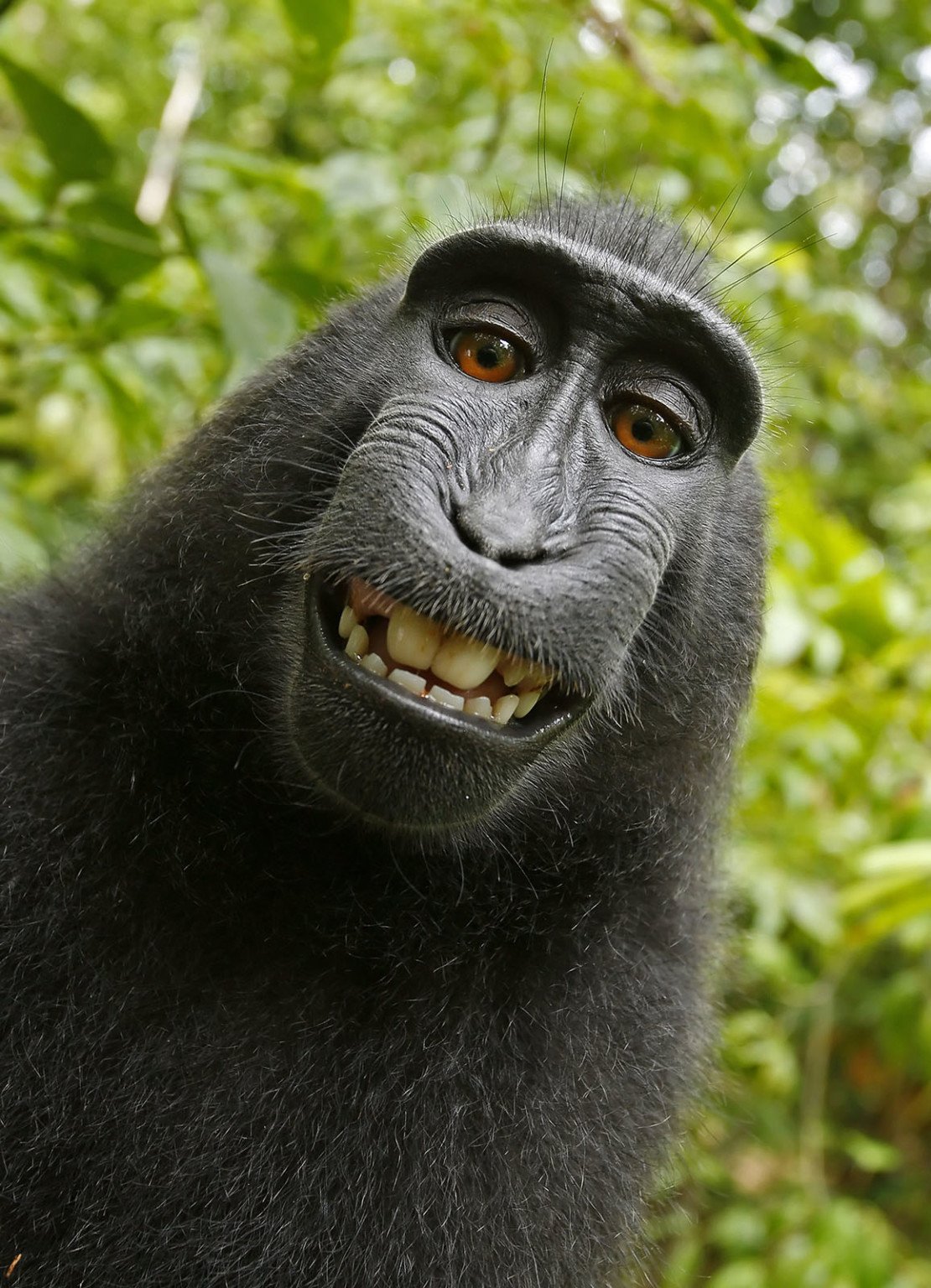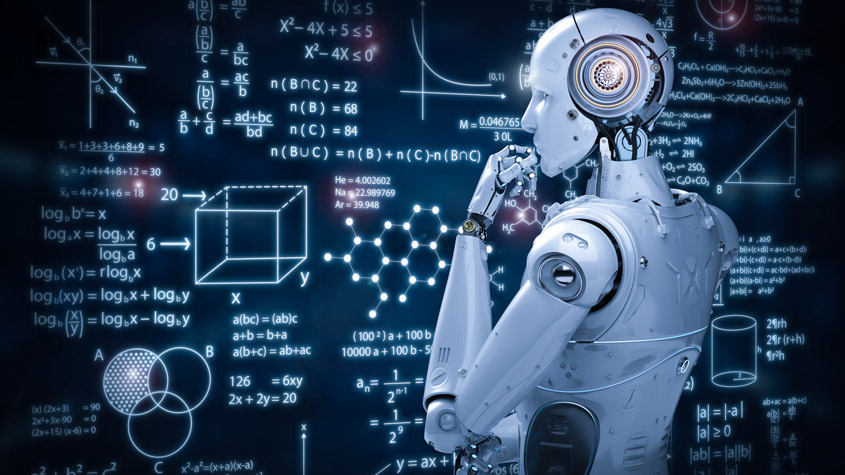AI has gotten better at creating “art” in recent years – modern algorithms capable of creating “photographs” of people and places don’t actually exist. Although very unique, it turns out that those AI artworks cannot be copyrighted in the US because the US Copyright Office has announced that it will not copyright this “art”.
The US Copyright Office (USCO) last week issued a decision denying a request to copyright an AI-generated art work.
At the end of 2018, Dr. Steven Thaler applied for a copyright for a work of art, titled A Recent Entrance to Paradise, it is noteworthy that this work is done. by an AI algorithm he named the Creativity Machine.

A Recent Entrance to Paradise
Since then, USCO has repeatedly rejected Thaler, and the agency again refused to grant the rights to A Recent Entrance to Paradise. A three-person panel was set up to review Thaler’s 2019 appeal, in which he argued that the request “Human Copyright” of the USCO is unconstitutional.
In the application, Thaler explained “tworks are automatically generated by an algorithm running on the machine”. Thaler wants to register the work as “work hired for the owner of Creativity Machine.” He wants to register the copyright to AI and transfer the copyright to himself as the owner of Creativity Machine.
In its latest ruling, the agency accepted that the work was created by an AI. However, the agency said that current copyright law only provides protections “The fruits of mental labor are formed from the creative power of the human mind.”
Therefore, a copyrighted work “must be man-made” and the office said it would not register the works “produced by a mere machine or mechanical process” without intervention or creative input from a human author.
The USCO said Thaler did not provide evidence that A Recent Entrance to Paradise was the work of man. The panel also said that Thaler could not persuade the USCO to change its century-old copyright principle.
The USCO says that courts at many levels, including the Supreme Court, have “uniform copyright protection only for the works of human authors” and the lower courts have “repeatedly rejects attempts to extend copyright protection to non-human works”.
A similar discussion about copyright surfaced a decade ago, when a monkey grabbed photographer David Slater’s camera and took a series of viral selfies.

Animal rights group PETA “on behalf” of the monkey sued the photographer in 2015, so that the photo copyright belongs to the animal. Slater reconciled with PETA in 2017, agreeing to donate 25% of future proceeds from the photos to charity. However, the court ruled against PETA in 2018, setting the precedent that only humans, not animals, can register copyrights and file copyright lawsuits.
Thaler has also challenged copyright and patent laws in many countries. He tried to apply for an AI named DABUS to be recognized as the inventor of two products in the patent application.
The US Patent and Trademark Office, the UK Intellectual Property Office and the European Patent Office rejected the applications because the inventor was noted to be non-human. He filed an appeal.
However, there are still exceptions. Last year, a judge in Australia ruled that AI-generated inventions could qualify for patent protection. Thaler himself was also granted a patent by South Africa for a product and recognized it “This invention was generated automatically by artificial intelligence.”

According to The Verge, the door for humans to get copyrights for AI-generated works isn’t closed yet – they may have to take a different approach to get the Copyright Office to consider them part of the work. of the creative process.
“Thaler emphasized that humans are not intentionally participating because his goal is to demonstrate that AI-generated works can be protected, not simply prevent people from trespassing. copyright of the paintingh,” wrote The Verge. “The panel’s argument was based on your explanation. So if someone tried to copyright a similar work, by arguing that it was their own creation, but made by a machine, the outcome might be different. “. However, this may mean that copyright will be awarded directly to them and not to the AI.
Thaler could also move from the Copyright Office to the court and file a lawsuit to see if the judge can reach a different conclusion than the copyright panel.
As AI technology continues to play an ever larger role in photography and all other types of creative fields, the intersection between AI and copyright is sure to continue to emerge in legal battles in the coming years. next year.
References: Engadget, Petapixel
